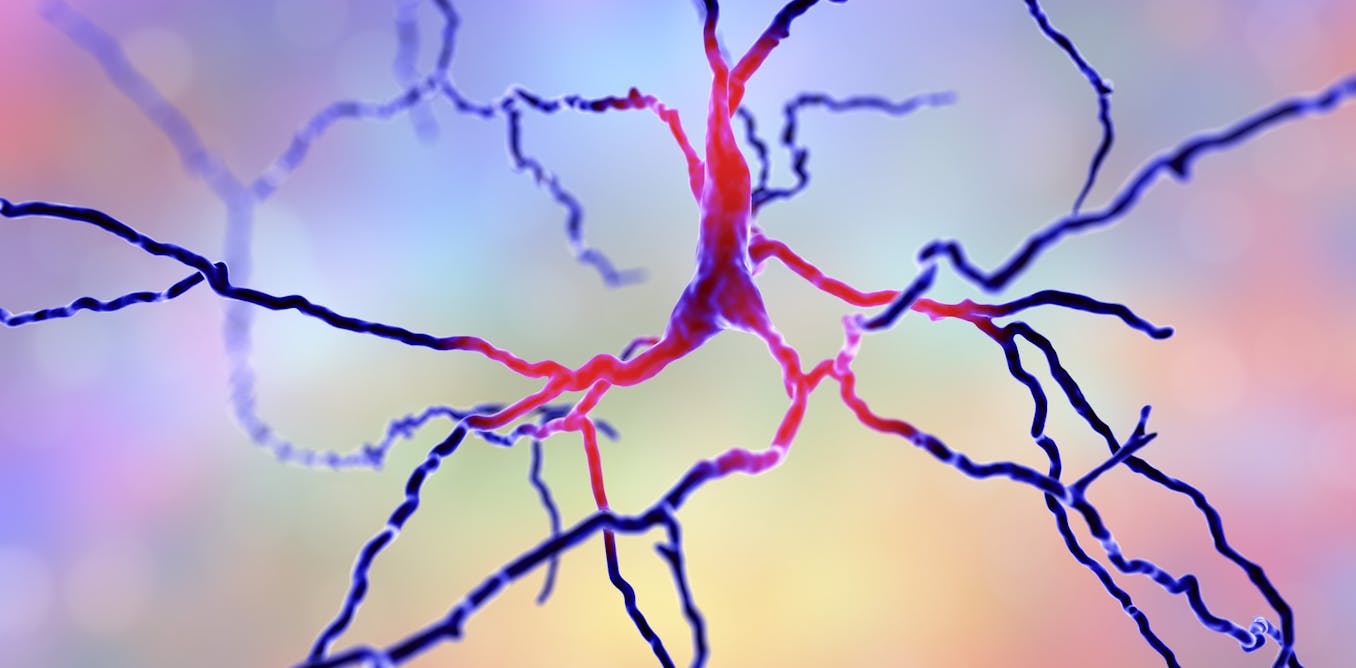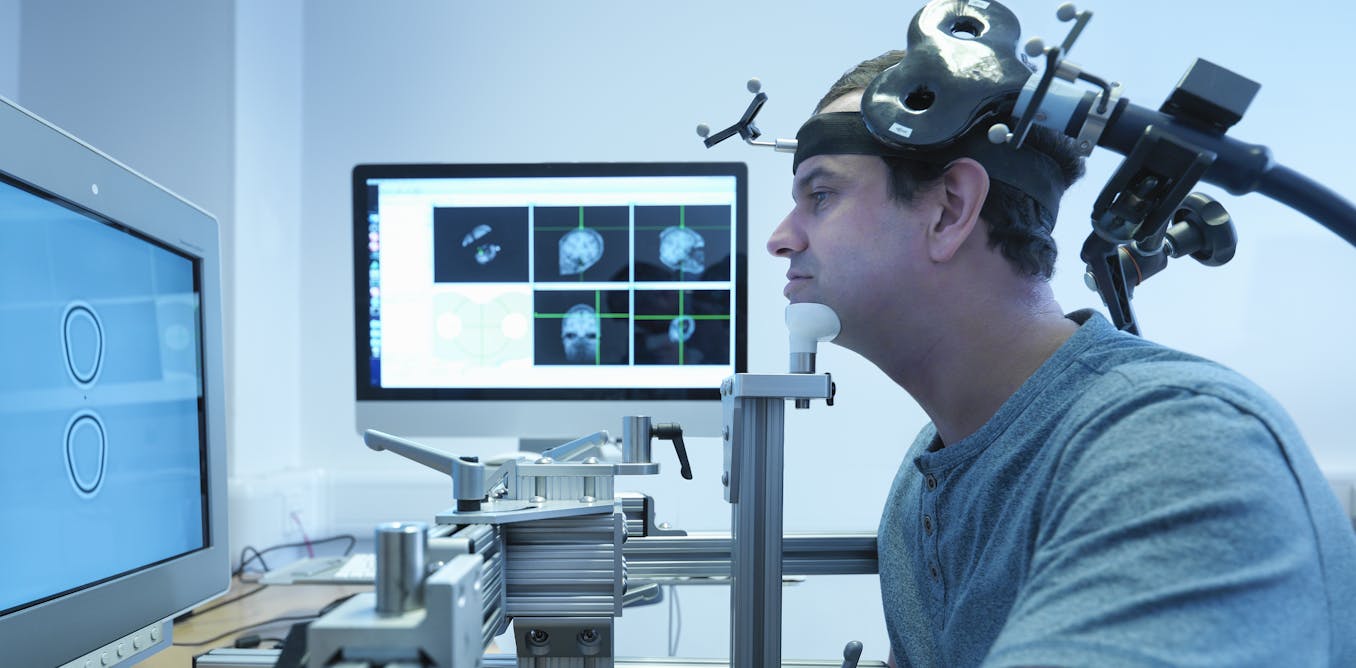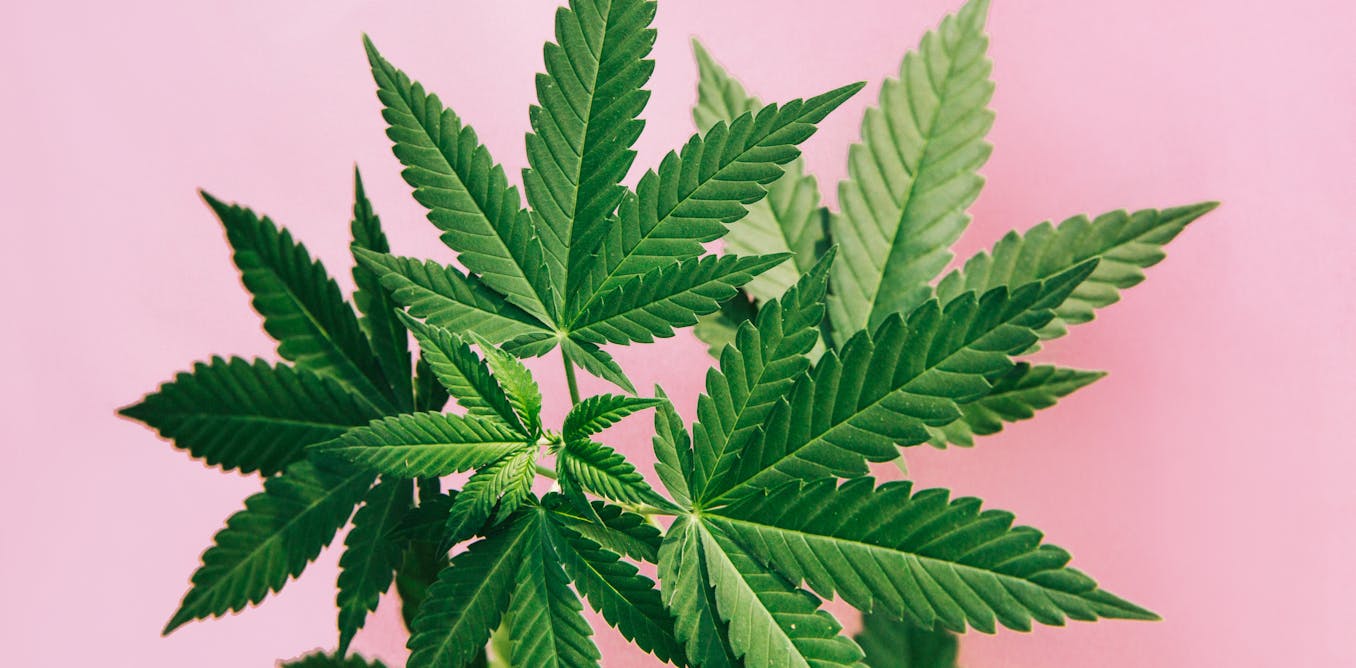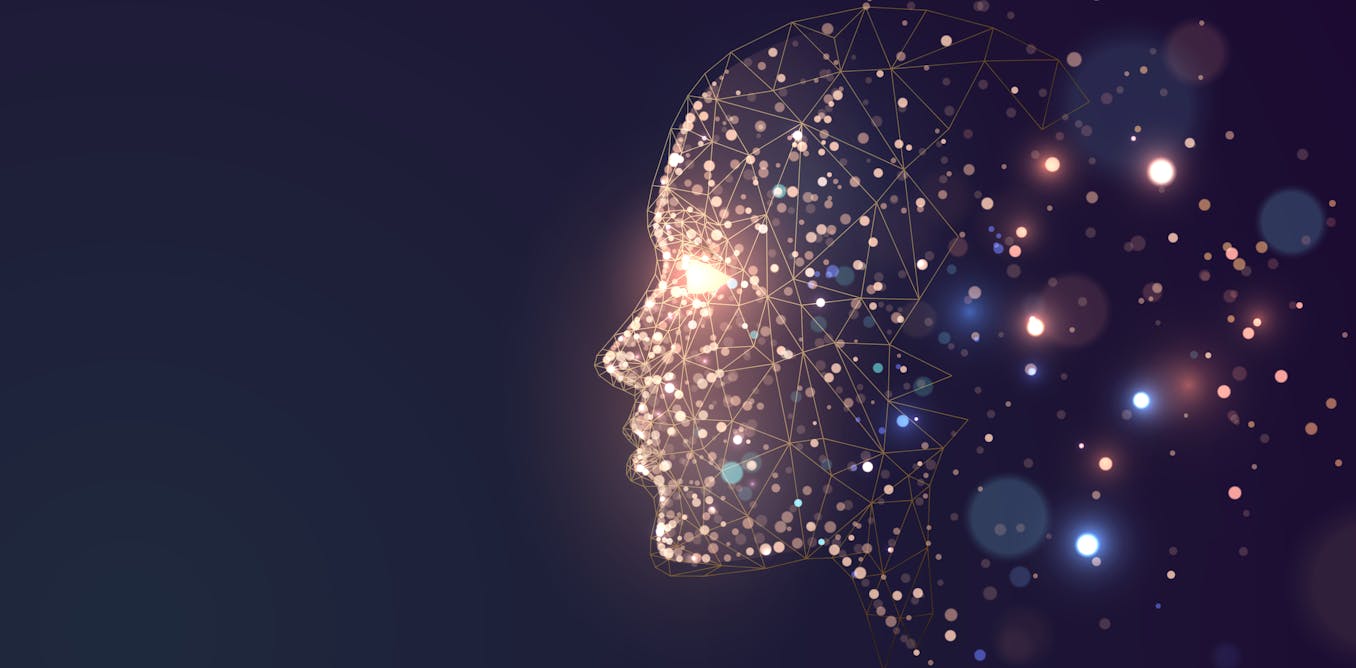Cancer hijacks your brain and steals your motivation − new research in mice reveals how, offering potential avenues for treatment
Cachexia, or wasting syndrome, causes around 80% of patients with advanced cancer to withdraw from life.
April 10, 2025 • ~8 min








